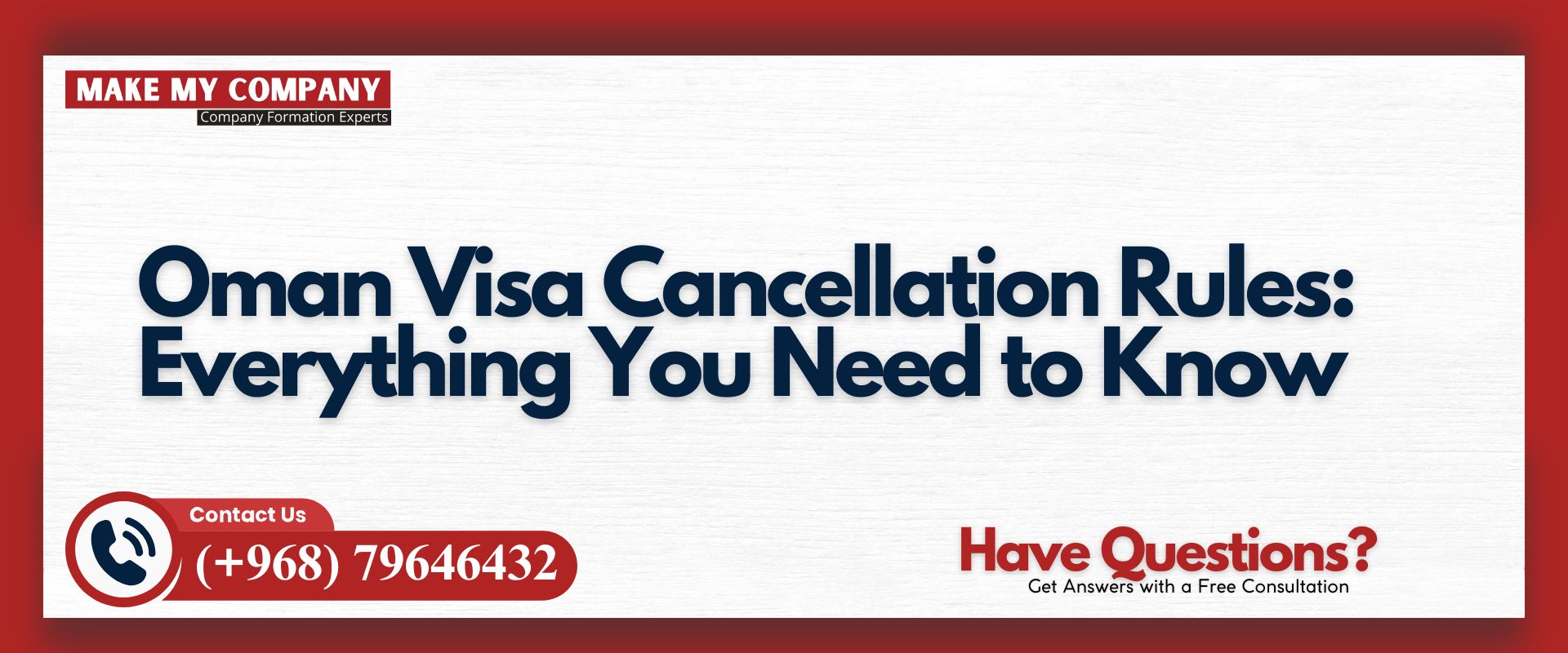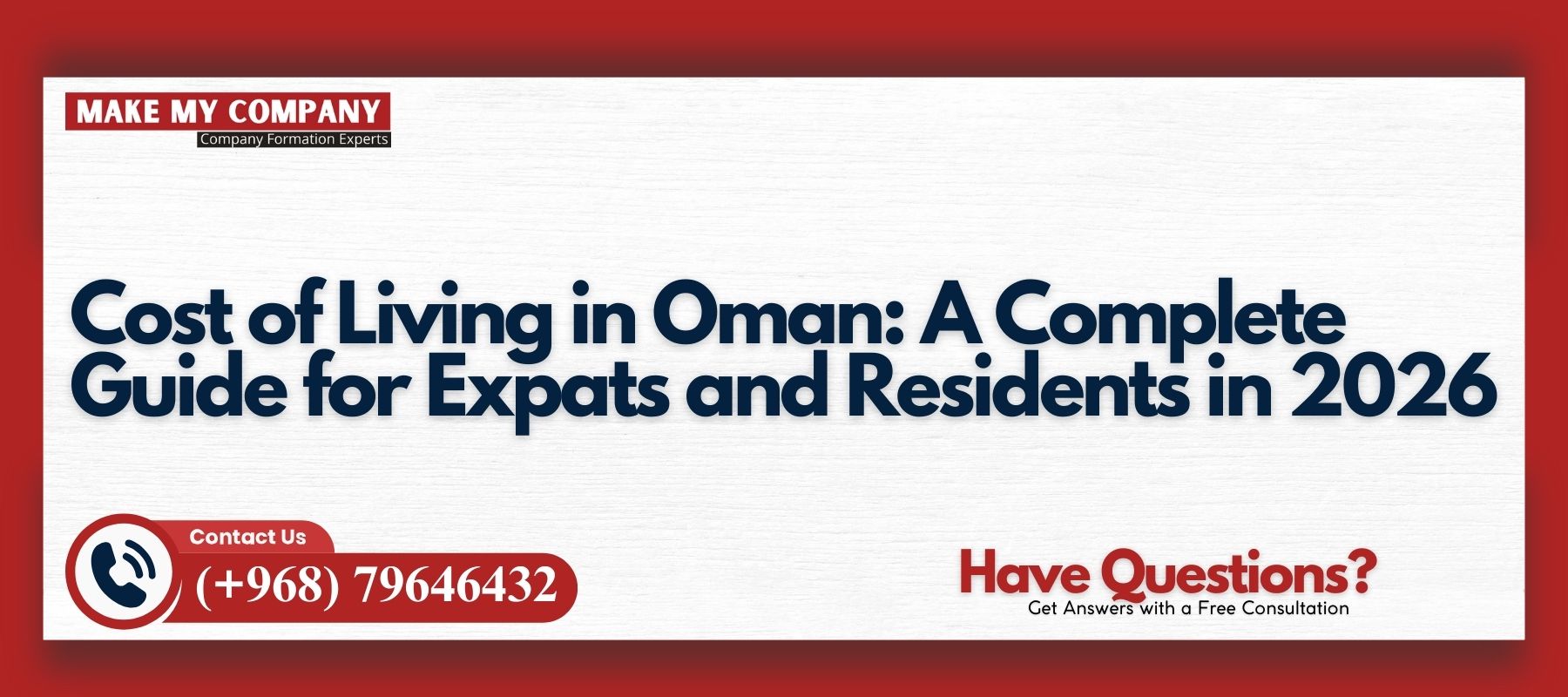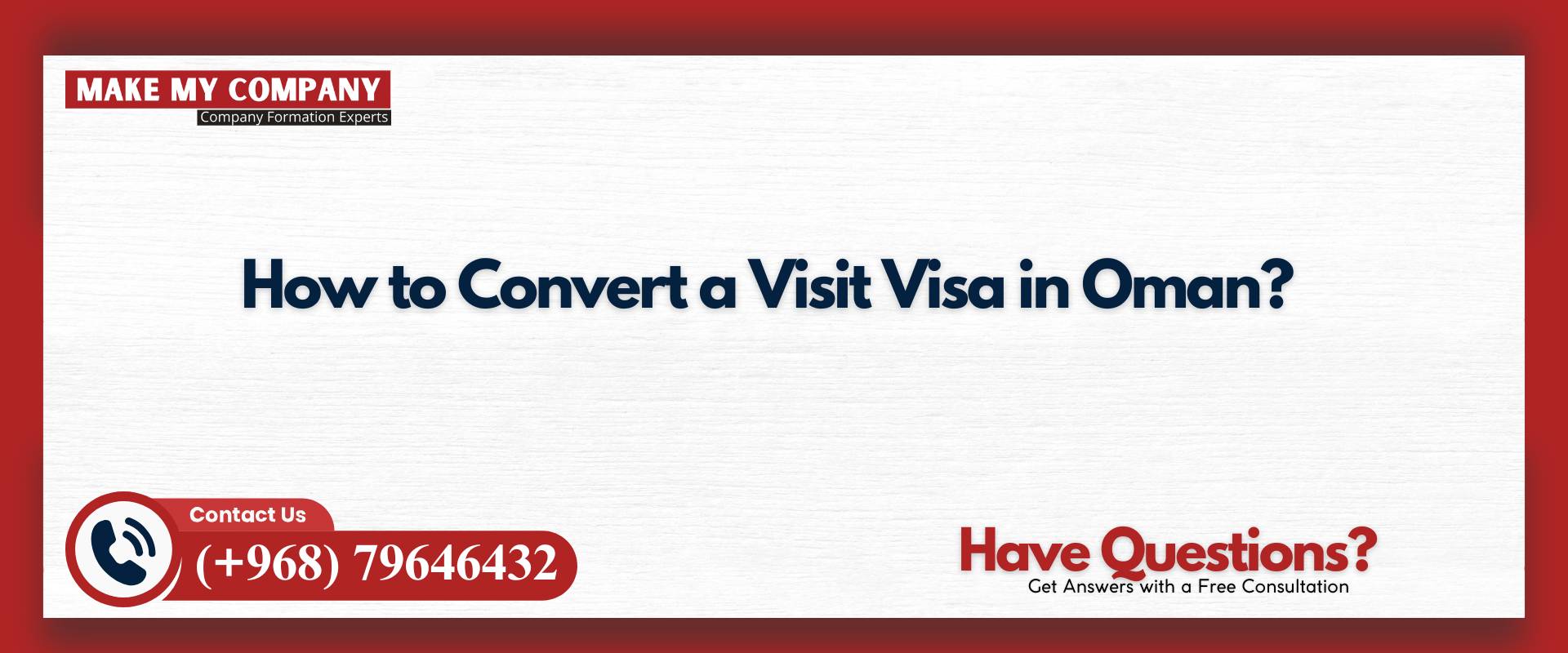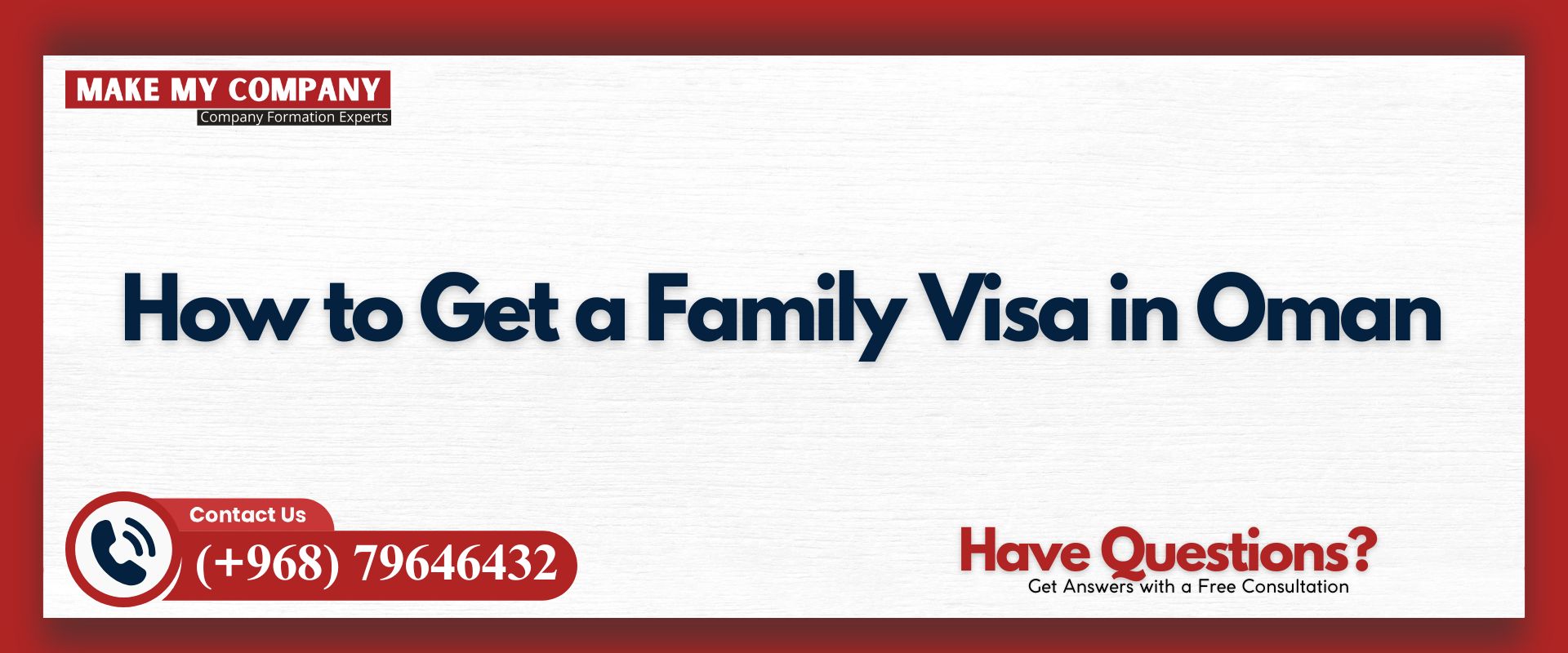This guide explains everything about VAT compliance in Oman, covering Oman VAT registration, return filing, penalties, and how to manage input and output VAT. It outlines the VAT law in Oman, thresholds, sector-specific rules, and the benefits of using VAT accounting services in Oman. With a focus on filing accuracy and avoiding penalties, the article helps businesses stay compliant. It’s a must-read for anyone managing VAT in Oman or planning a business setup in Oman.
What Is VAT Compliance in Oman?
VAT compliance in Oman refers to how businesses follow the rules set by the Oman tax authority VAT system. It involves registering for VAT, filing returns, charging VAT correctly, and keeping proper records. Oman introduced VAT to diversify income sources beyond oil. Businesses must stay compliant or face penalties.
Why Is VAT Compliance Mandatory for Businesses?
The government uses VAT to track sales, tax income, and business transparency. It also ensures fair competition. If you run a business, especially one trading goods or services, you need to align with Oman VAT registration rules and timelines.
Oman VAT Registration Process
Registering for VAT in Oman is essential for businesses exceeding the turnover threshold. The process includes submitting documents through the Oman Tax Authority portal and obtaining a TRN. Accurate registration ensures compliance and enables businesses to charge and claim VAT as per the country’s legal framework.
Who Needs to Register for VAT in Oman?
Any business with turnover above the VAT registration threshold Oman, which is OMR 38,500, must register. Voluntary registration is allowed for those above OMR 19,250.
Steps to Register for VAT
- Visit the Oman Tax Authority portal.
- Fill the online VAT registration form.
- Attach business documents like CR, bank statements, and contracts.
- Submit and wait for approval and TRN (Tax Registration Number).
Make sure you understand how to file VAT in Oman once registered.
Understanding VAT Law in Oman
VAT law in Oman is governed by the Value Added Tax Law Royal Decree No. 121/2020. It outlines what goods and services are taxable, exempt, or zero-rated.
Taxable Goods and Services
Most goods and services are taxed at a standard VAT rate of 5%. This applies unless explicitly stated otherwise.
Zero-Rated and Exempt Categories
- Zero-rated: Basic food, medicine, education, and exports.
- Exempt: Financial services, local transport, real estate leases.
Input VAT and output VAT in Oman rules also apply under this law.
Input VAT and Output VAT in Oman
Understanding the difference between input VAT and output VAT in Oman is key to being compliant.
- Input VAT is the VAT you pay on business purchases.
- Output VAT is what you collect from customers when selling.
How to Reclaim Input VAT?
If you’re registered, you can offset input VAT against output VAT. If input VAT is more than output VAT, you may claim a refund or carry forward the credit.
How to File VAT in Oman
Once registered, you need to file VAT returns regularly.
VAT Return Filing Oman: Step-by-Step
- Log into the Oman Tax Authority VAT portal.
- Fill in sales, purchases, input and output VAT data.
- Submit the form before the deadline (usually quarterly).
- Pay the VAT due, if any.
Delays in VAT return filing Oman can lead to penalties.
Common VAT Penalties in Oman
Non-compliance comes with consequences. Some common VAT penalties in Oman include:
- Failing to register on time: OMR 10,000
- Late return filing: OMR 5,000
- Providing false documents: OMR 20,000
- Not issuing tax invoices: OMR 2,000
To avoid this, many businesses use VAT accounting services in Oman.
Benefits of Hiring VAT Accounting Services in Oman
Working with professionals helps simplify VAT for your business. VAT accounting services in Oman help with:
- Accurate record keeping
- Filing VAT returns on time
- Keeping up with VAT law changes
- Reducing chances of errors or penalties
- Representing you during audits
This saves time and ensures peace of mind.
VAT Registration Threshold in Oman
Not every business is required to register for VAT. The VAT registration threshold Oman is important to understand.
What If My Turnover Is Below the Threshold?
You are not legally required to register if under OMR 38,500. But voluntary registration may be helpful if you deal with VAT-registered suppliers or want to claim input VAT.
Sector-Specific VAT Rules in Oman
Different industries in Oman follow specific VAT rules. While exports and essential services like education and healthcare are often zero-rated, sectors like real estate and finance have mixed VAT treatments. Understanding these rules is key to ensuring proper classification, compliance, and smooth VAT return filing in Oman.
Real Estate and Construction
- Residential lease: Exempt
- Commercial lease: Taxable at 5%
- Construction contracts: Taxable unless zero-rated
Healthcare and Education
- Most are zero-rated, but additional services (e.g., parking, cafes) may be taxable.
Importers and Exporters
- Imports attract VAT at customs.
- Exports are zero-rated, but proof must be maintained.
Knowing these rules helps you manage VAT compliance in Oman correctly.
Technology & Tools for VAT Compliance
Digital tools can help you manage VAT better. Common solutions include:
- Accounting software with VAT modules
- E-invoicing platforms
- Tax calculators and dashboards
- Online filing integrations
These tools reduce manual effort and improve accuracy.
VAT Compliance Checklist for Businesses
Before filing, ensure you:
- Maintain updated books
- Issue VAT-compliant invoices
- Track input and output VAT separately
- File returns within deadlines
- Keep VAT documents for 10 years
- Understand exemptions and zero-rated goods
- Monitor turnover for threshold changes
Being proactive prevents compliance risks.
Role of Oman Tax Authority VAT Portal
The Oman Tax Authority VAT portal is the main platform for everything:
- VAT registration
- Return filing
- Payment submission
- Access to VAT guidelines
- Penalty information
- Taxpayer communication
Visit taxoman.gov.om for all official processes.
Challenges Faced in VAT Compliance
- Complex documentation
- Keeping up with regulation changes
- Cross-border VAT issues
- Misclassification of goods or services
- Late filing and payment
Many companies overcome these with proper training or professional VAT services in Oman.
Conclusion
VAT compliance in Oman is not just a legal obligation—it’s a business necessity. Whether you’re a small trader or a large corporation, understanding the system helps you avoid penalties, maintain transparency, and run operations smoothly. If this feels complex, don’t worry. You can always get support from experts who offer VAT accounting services in Oman and make the entire process seamless.
If you’re looking for reliable support in taxation or business formation, always rely on trusted partners who specialize in business setup in Oman and VAT advisory.
FAQs
What is the VAT rate in Oman?
The standard VAT rate in Oman is 5%, applied to most goods and services.
When should I register for VAT in Oman?
You must register if your annual turnover exceeds OMR 38,500. Optional registration starts at OMR 19,250.
Can I reclaim VAT on purchases?
Yes, if you are VAT-registered, you can reclaim input VAT on eligible business expenses.
What is the penalty for late VAT return filing in Oman?
It can go up to OMR 5,000, depending on how late the filing is.
Are exports taxable under Oman VAT?
No, exports are zero-rated, but proper documentation must be submitted.
Do freelancers in Oman need to register for VAT?
Only if their earnings exceed the registration threshold. Otherwise, registration is voluntary.
Is VAT applicable on real estate transactions in Oman?
Yes. Commercial leases are taxable. Residential leases are exempt.
How can I pay VAT dues in Oman?
Through the Oman Tax Authority portal using a local bank or other listed methods.
Is VAT applicable on imported goods?
Yes, VAT is charged at customs clearance.
Do I need an accountant for VAT compliance?
Not mandatory, but hiring VAT accounting services in Oman helps avoid errors and delays.









